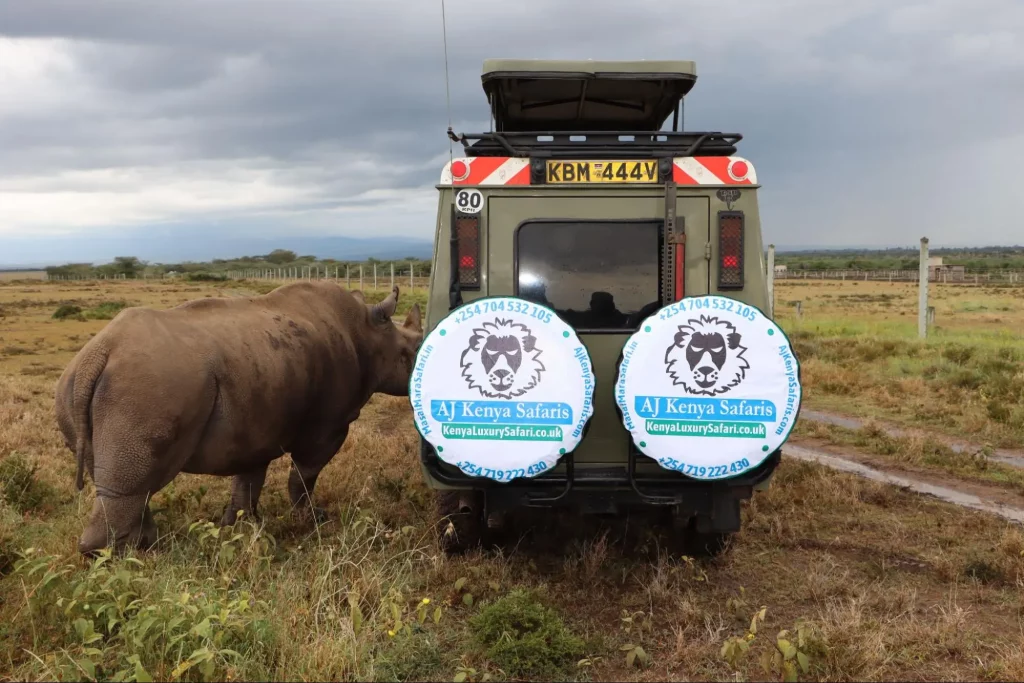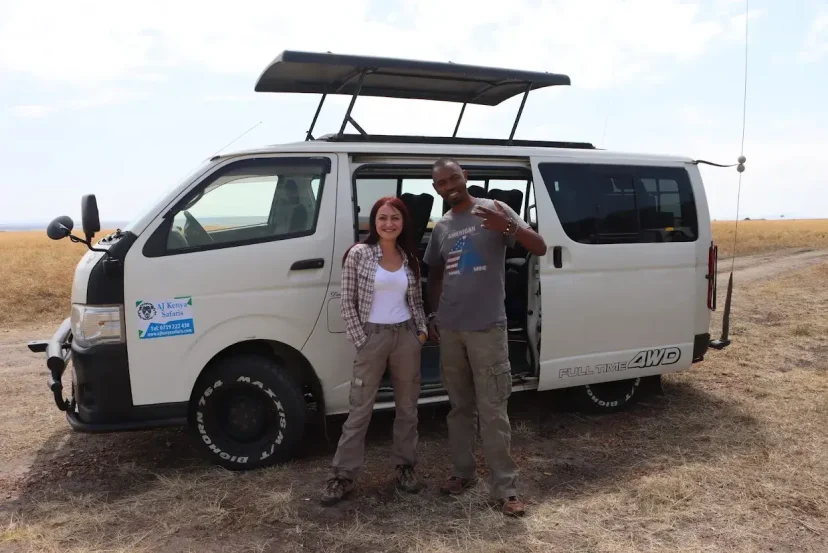Great Info On Picking Diani Beach Taxi
Wiki Article
What Are The Security And Safety Factors I Should Be Aware Of While Visiting Mombasa In Kenya?
While traveling in Mombasa, Kenya, being aware of safety and security concerns is vital to ensure the most enjoyable and hassle-free holiday. Here are some key points to keep in mind:
1. General Security
Keep yourself informed. Be aware of local news, as well as travel warnings from your home country.
Register with Your Embassy. If you are in Kenya with a consulate or embassy, you should register them so that they can help in the case of an emergency.
2. Health Precautions
Vaccinations: Ensure you are up-to-date on routine vaccinations and look into additional vaccines, such as Hepatitis A, Hepatitis B, Typhoid, and Yellow Fever.
Mombasa is a place with a high malaria incidence. Utilize antimalarial medication, insect repellents, wear long sleeves at night and sleep in mosquito nets.
Food Safety and Water Drink boiled or bottle water, do not drink eating ice cubes and well-cooked food. Be careful when you eat street food.
3. Personal Security
Avoid walking around alone at night: Stick to well-lit and populated areas. Avoid walking on the beach or in isolated areas after dark.
Protect Your Values Secure Your Valuables: Use hotel safes to store passports, cash, and other important items. Do not display expensive items like electronics or jewelry.
Use Reputable Travel: Select registered taxis and ride-hailing companies, or use transport that is provided by the hotel. Avoid unmarked taxis.
4. Local Laws and Customs
Dress modestly and respectfully, particularly when visiting holy sites. Pay attention to the customs and beliefs within your community.
The Kenyan Drug laws are strict and entail severe sanctions. Beware of any involvement with illegal drugs.
Photography: Always get permission prior to taking photos of people, particularly in rural areas, or of government and military buildings.
5. Beach Safety and Water Safety
Safety in swimming means being aware of local guidance on conditions and currents. Make sure you are in designated swimming areas.
Be aware of marine wildlife such as jellyfish and sea urchins. If you're walking along the beach, ensure you wear footwear that is suitable for your feet.
6. Crime Prevention
Petty crime: In busy areas, bag-snatching or pickpocketing may happen. Keep your belongings in a safe place and be vigilant.
Beware of people who offer excessively generous services or offers that appear too good-to-be-true. Make sure to use only tour operators that are licensed.
Emergency Contacts - Know the emergency numbers in your area (999), including the Fire Department (999), and the Ambulance Service (999). Keep the contact details for your country's embassy and consulate handy.
7. Natural Hazards
Weather: Mombasa is a tropical city that experiences heavy rains especially during the rainy seasons (April-June and October-November). Be alert to weather forecasts.
Sun Protection: Wear hats and use sunscreen to avoid burning as well as heat exhaustion.
8. Travel Insurance
Comprehensive coverage. Be sure that the travel insurance you purchase includes protection for emergency medical situations, theft, and loss, as well as disruptions in travel. Verify that the policy you have includes insurance for any activity, like water sports.
If you consider these security and safety considerations, then you can have a much more enjoyable time in Mombasa. Check out the top mombasa watamu snorkeling for more recommendations including safari and tours, africa tours, safari tour, mombasa packages, kenya travel, tours & safaris, kenya safari holiday packages, tours and safaris, kenya beach mombasa, tours safari africa and more.

What Are The Considerations For Accommodation I Should Be Aware When Visiting Mombasa In Kenya?
It is important to choose the ideal lodging when planning a trip in Mombasa. This will ensure you enjoy a the most pleasant and enjoyable stay. Here are some key points to take into consideration:
1. Types of accommodation
Mombasa has a range of hotels, ranging from budget-friendly to luxurious. Hotels are situated right in front of the beachfront. They have amenities like restaurants, swimming pools and tours.
Resorts are a type of resort that tends to be more upscale with a wide range of services like all-inclusives, entertainment and water sports.
Guesthouses/B&Bs. If you are looking for a more intimate experience, try staying at guesthouses or bed and breakfasts. These establishments offer an intimate and friendly environment.
Vacation rentals: Airbnb offers flexibility and is an affordable option for larger groups or long stays.
Hostels: Those who are budget-conscious can opt for hostels. These hostels provide basic amenities as well as an opportunity to get together with other travellers.
2. Location
Location near to attractions: Select accommodations close to the places you plan to visit. Popular areas include Nyali Beach and Diani Beach. The city center is also close to Fort Jesus.
Access to transportation: Think about the availability of public transport or proximity to main roads when you want to travel around Mombasa.
Security: Make sure to study the safety of your neighborhood prior to making a reservation. Avoid less-known or shady neighborhoods.
3. Amenities and Services
Internet Access: Ensure that the hotel you stay in is equipped with high-quality WiFi. This is crucial for those who are constantly traveling.
Dining Options: See whether the hotel has restaurants on site or if there are dining options within walking distance.
If you're looking for recreation facilities, look for gyms, swimming pools and spas.
Consider Family-Friendly Amenities: When traveling with children, search for accommodations that provide family-friendly amenities such as kid's clubs, babysitting service, and pools that are child-friendly.
4. Ratings and reviews
Guest Reviews: Read the reviews on websites such as TripAdvisor, Booking.com, or Google to get an idea of the experiences of travelers like you.
Search for hotels with high ratings in terms of cleanliness as well as service.
5. Budget
Budget: Create a budget and look for accommodations that are within your means. Prices can vary greatly depending on the location, type of accommodation and the time of year.
Hidden Costs: Avoid additional costs like resort's fees, charges for parking, or fees for additional amenities.
6. Cultural Experience
Local local vs. International: Decide if you want an international experience at a hotel chain or a stay that offers an atmosphere and culture that is more local.
Eco-friendly Tourism: Think about eco-lodges or alternative tourism options based on community which support local communities and offer the most immersive experience in culture.
7. Flexible Booking
Also, you should consider the flexibility of the cancellation policy in the event that you need to alter your travel plans.
Booking Platforms - Use booking platforms that are reputable and offer safe payment methods, 24/7 customer service and support.
8. Special Requirements
Accessibility: Make sure that the accommodation can accommodate any particular needs, like food restrictions or wheelchair accessibility.
If you're planning to travel with your pet, make sure to verify the pet's policy prior to your accommodations.
9. Security
Secure Environment: Select a hotel with security features that are good, such as 24 hour reception, security staff, and safe parking.
Personal Belongings - Make sure you have a safe inside the room or a safe place to store your valuables.
You can improve your Mombasa vacation by selecting the best accommodation for your requirements. Take a look at the most popular mombasa old town for website tips including kenya safari and beach, tours and safaris, africa tours and safaris, holiday packages mombasa, mombasa safari packages, kenya mombasa holiday packages, tours and safaris in kenya, african safari africa, kenya beach mombasa, kenya africa travel and more.

What Environmental Responsibilities Should I Be Aware Of When I Am On My Time In Mombasa Kenya?
In order to protect the natural beauty, and the biodiversity of Mombasa, Kenya it is important that you are environmentally responsible. Here are a few important environmental obligations to take into consideration:
1. Sustainable Accommodation
Eco-friendly Hotels: Choose hotels which are sustainable. You can search for Eco-Tourism Kenya certifications as well as other eco-labels.
Resource Conservation: Join in hotel initiatives that aim at conserving water and electricity. Reuse towels and linens, turn off lighting and air conditioning when they are not in use.
2. Responsible Wildlife Viewing
Keep away from wildlife: from them to avoid disturbing. Your tour guide will give you guidelines.
Avoid feeding animals. Feeding wildlife can alter their natural diet and behavior.
Leave No trace. Do not litter wildlife reserves or parks. Bring all your garbage to the curb and dispose of it correctly.
3. Plastic Reduction
Do not use products with a single use. Take a bag for shopping that is reusable along with a water bottle, utensils and even a mug.
Support local initiatives Participate in beach cleanups and help groups that help reduce the impact of plastics on the environment.
4. Water Conservation
Mombasa is experiencing water shortages. Switch off the water taps and take a shorter shower.
Biodegradable products: Choose products that are biodegradable or environmentally friendly in order to limit the impact on water.
5. Energy Conservation
Reduce energy use: Limit the use of air conditioning and unplug electronic devices when not being used.
Choose accommodations and tour operators who use renewable sources of energy.
6. Sustainable Transportation
Public Transport: If possible minimize your carbon footprint with public transportation like buses and matatus.
Consider eco-friendly options such as hiring a bicycle or jogging short distances. Some areas have eco-friendly tuk Tuks.
7. Helping to support local economies
Buy Local: Contribute to the local economy by purchasing products and food items from local vendors and artisans.
Fair Trade: Select products that have been certified fair trade so that local producers get fair compensation.
8. Environmental Education
Learn and share. Be aware of local environmental issues as well as conservation efforts. You can share your knowledge with others to create awareness.
Respect Local Cultural Practices: Learn and respect local customs and practices in the field of conservation of the environment.
9. Marine Conservation
Snorkeling and Scuba: Be careful not to step onto coral reefs. Be sure to safeguard marine life using sunscreens that are safe for reefs.
Avoid disposing of rubbish into the ocean. Join or support marine conservation programs.
10. Ethical Souvenirs
Beware of products that contain wildlife Don't buy items made of endangered species like ivory or tortoiseshell.
Sustainable Materials: Select items made of recycled or sustainable materials.
11. Take part in conservation Activities
You can consider volunteering for community tourism or conservation projects.
Support NGOs: Donate to or support local NGOs and conservation groups working to protect the environment.
12. Responsible Travel Practices
Small group sizes are recommended to minimize the environmental impact.
Eco-Tours Choose tour operators with eco-friendly policies and a commitment towards sustainability.
Be aware that these responsibilities can help you to preserve Mombasa’s precious natural resources and preserve the beauty and variety of the region for the next generations to come. View the best kenya safari packages prices for website advice including tours & safaris, mombasa packages, safari company kenya, travel tours in kenya, cheap kenya safari packages, cheap kenya safari packages, kenya safari holiday, travel & tours company, african safari tours kenya, holiday packages mombasa and more.
